
Recommendation
Why are individuals willing to live in an “audit society” where almost everything is checked? Perhaps they accept such monitoring because few folks would want to live under the opposite conditions, where nothing is checked. People want to know that their planes can fly, their banks won’t fail and their food is safe. Thus, auditing has become ubiquitous – but does it exist only for its own sake, or does it have intrinsic value? Does it help, hurt or control society? In this reprint of his original 1997 work, accounting lecturer Michael Power explains how auditing has come to permeate the social, political, corporate and economic worlds. His short text is often a hard, dense read, but he’ll broaden your understanding of auditing beyond the numbers in a ledger: Auditing, he teaches, underpins many facets of society and involves crucial questions of trust. getAbstract believes accountants, auditors and those who hire them will find this work particularly relevant, but those seeking deeper knowledge of professional practices and of how society works also will be intrigued.
Summary
About the Author
Former Coopers and Lybrand auditor Michael Power teaches accounting at the London School of Economics.









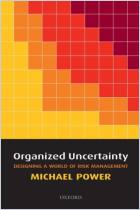
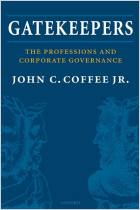
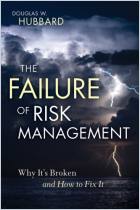
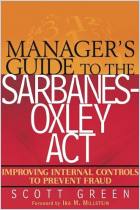
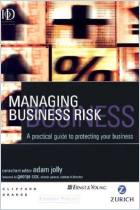
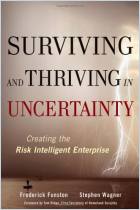
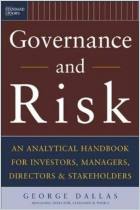




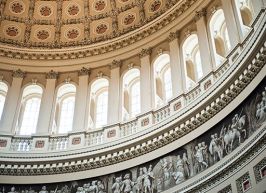
Comment on this summary or 开始讨论